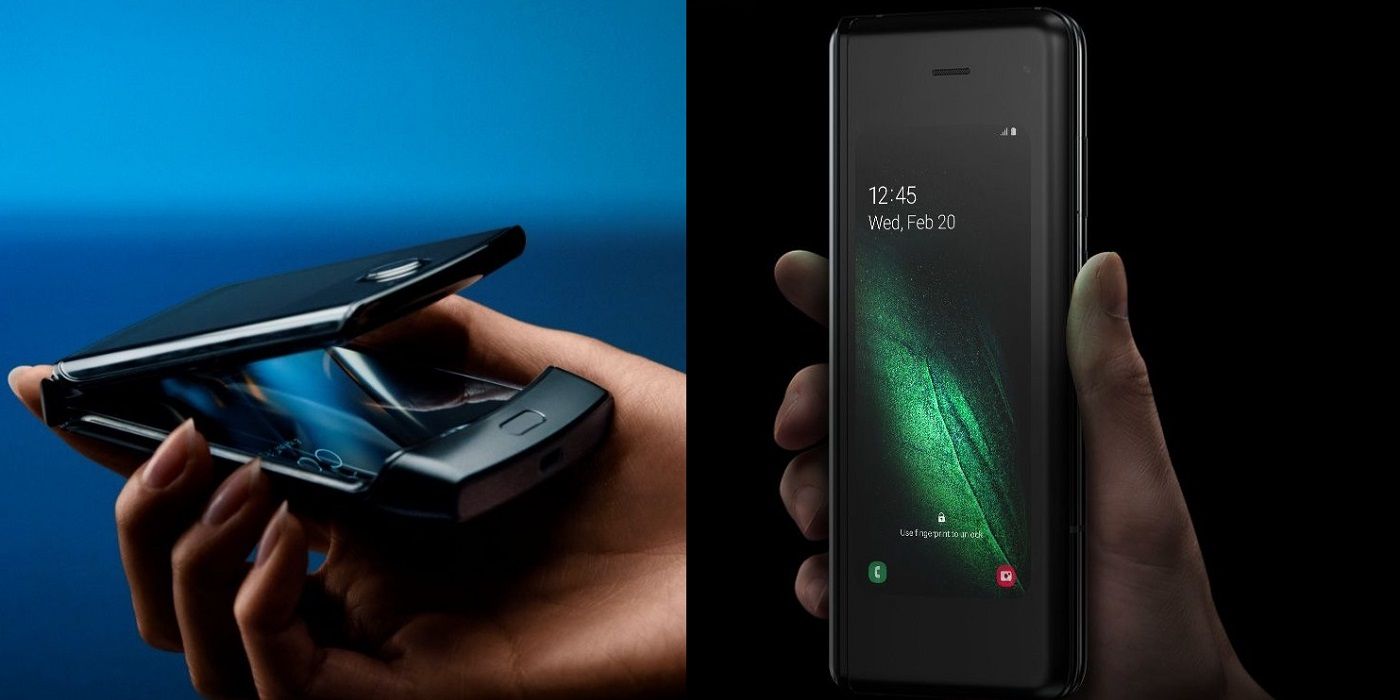Colleges in the U.S. are using a smartphone app to monitor and track students. Besides the obvious concerns surrounding individual privacy, the use of the app is also raising concerns that it is installing a mindset in college students’ that tracking is a normal part of everyday life. A smartphone’s ability to locate an individual is already common knowledge. Smartphones come with multiple communication solutions including GPS, Wi-Fi and Bluetooth. All of these individually can provide some context to where a person is and when taken together can pinpoint a person’s location. Likewise, many smartphone apps not only use these tools to a some degree, but in a few cases, tracking is essential to the app’s performance or main features. A prime example is Google Maps and it's turn-by-turn navigation.
As reported by The Washington Post, many colleges are now using a third-party solution known as the SpotterEDU app. This app tracks when a student enters a specific location and is able to continuously monitor how long they remain in that same location. This is achieved by combining sensors in the smartphone with Bluetooth and Wi-Fi beacons and transmitters located on campus. Through the use of the monitoring, colleges are not only able to track who attends what class, but also how frequently they attend the library, the cafeteria or any other on-site location covered by the beacons and transmitters. Those being tracked can even be rewarded or penalized based on the results of the tracking.
Colleges argue this allows them greater insight into the lives of students and in some cases, can even act as a measure of protection. For example, when a student’s pattern changes drastically enough to warrant concern. Of course, there are those interviewed by The Washington Post who view the level of monitoring to be extreme and a clear invasion of privacy. Some of those interviewed questioned the level of micromanaging this results in, while others worried it was conditioning students to accept tracking. Equally as concerning, the report reveals SpotterEDU has the ability to track and provide feedback on specific student demographics, if desired. According to the co-founder & CEO of SpotterEDU, this demographic identification and tracking is routinely desired by colleges.
Student Tracking An Invasion Of Privacy, Or The New Normal?
The Bluetooth beacons in use by the various colleges are not new technology. They are already used to track the whereabouts of users in other settings. In fact, they are commonly used in conjunction with businesses and advertisers to deliver promotional materials directly to the phone of a user who is more likely to act on the promotion. For example, when a person walks into a store, their smartphone is triggered by the nearby beacons resulting in small, short-distance message being sent to the phone offering a deal or discount the smartphone owner can take advantage of while in the store.
This nearby Bluetooth technology solely relies on knowing the user’s proximity to the store and that’s exactly the same technology that is now being used by these colleges to register the attendance of a student. Therefore, while it might seem somewhat creepy to think students are being monitored in this way, the reality is that most smartphone owners are similarly tracked. This is just the latest example of the technology in use in yet another environment. In addition, as this is a short-distance form of tracking, the technology can’t actually be used to track students when outside of the college. It is different to GPS in this respect as the app solely relies on the person crossing a proximity line and entering the tracking zone. In this case, the classroom.
Source: Washington Post


